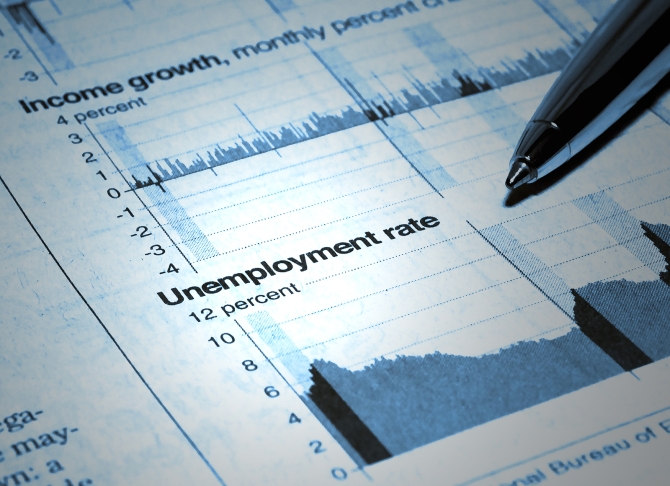Despite a small drop in the past quarter, business confidence remains well above levels seen during the recession allowing firms to invest in growth and employment. This has seen the jobless figure fall further in the three months to July, reaching a six year low and lending hope to the long term unemployed.

During the past quarter, unemployment fell to just 6.2 per cent, marking a period of strong progress since the 6.6 per cent reading taken between February and April. According to the Office for National Statistics (ONS), this means that just over two million people remain out of work – at 468,000 fewer than the same time last year, this marks the greatest annual fall in unemployment since 1988.
The number of people in work climbed by 74,000 since the previous quarter to 30.6 million, although much of this increase was due to a boom in the number of firms seeking part time workers. Many of those securing jobs fell within the 16-24 age bracket with a total of 106,000 young people contributing to the drop in unemployment figures.
HIS Global Insight chief UK and European economist, Howard Archer, believes that the further drop in the jobless figure will lend banks a confidence boost.
He says; “The further marked fall in unemployment points to a still rapidly tightening labour market, thereby seeming to boost the case for an interest rate hike sooner rather than later by the Bank of England.”
Unfortunately, while the unemployment situation improves, the same cannot be said for average weekly earnings. During the quarter, average earnings excluding bonuses rose by only 0.7 per cent from the same period a year earlie.
As the current rate of inflation remains stable at 1.5 per cent, wages are growing at just under half the rate of inflation, meaning that budgets remain tight.
While the supermarket price war and the rising popularity of discount brands are helping consumers save money wherever possible, Labour’s shadow employment minister Stephen Timms believes something must be done to help workers gain fairer pay.
He says; “Today’s fall in overall unemployment is welcome, but the new figures have shown working people are seeing their pay falling far below the cost of living.
“Under this government wages after inflation have already fallen by over £1,600 a year since 2010 and by next year working people will have seen the biggest fall in wages of any Parliament since 1874.”
And, as the Bank of England has now halved its forecast for average wage growth in 2014 to just 1.25 per cent, it seems that workers will continue to face pay squeezes for some time to come.